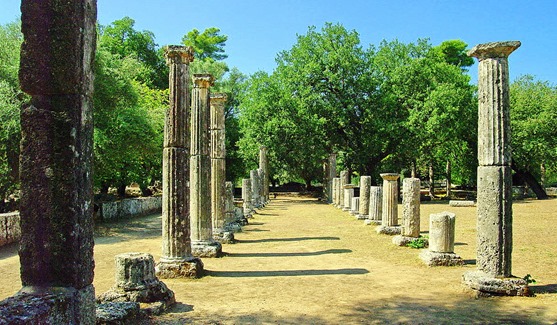John R. W. Stott (1921 – 2011) was ordained in 1945 and served for many years as Rector of All Souls Church, Langham Place, London. He is known worldwide as a preacher, scholar, and evangelist. Stott’s broad interests in theology, Christology, evangelism, and apologetics are reflected in his many books. Below is an excerpt from his work The Cross of Christ in which he traces the root of all man’s rebellion—the worship of himself.
For the essence of sin is man substituting himself for God, while the essence of salvation is God substituting himself for man. Man asserts himself against God and puts himself where only God deserves to be; God sacrifices himself for man and puts himself where only man deserves to be. Man claims prerogatives which belong to God alone; God accepts penalties which belong to man alone.1
If, as Protagoras suggested, “Man is the measure of all things,” then man’s claim of divine prerogative follows naturally from his esteemed position. However, if God is God–the Holy One, then man’s aspiration is exposed for what it truly is: idolatry. Thus, the substitutions which Stott describe head in two divergent directions: selfish idolatry leading to death, or glorious redemption leading to life. In which direction are you heading today?
Footnotes
1 John R. W. Stott, The Cross of Christ (Downers Grove: InterVarsity Press, 1986), 160.





